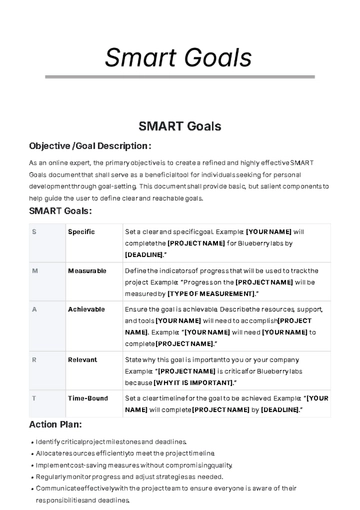Free Documentary Ethnography

Title: The Daily Lives of Coastal Fishermen in the Village
Introduction
This ethnography explores the daily routines, challenges, and social interactions of fishermen in Village, a small coastal community. The study focuses on how traditional fishing practices are passed down through generations and the role of fishing in shaping the local culture.
Research Methodology
Approach: Participant observation and semi-structured interviews were conducted over three months.
Tools: Field notes, audio recordings, and video documentation were used to capture daily activities.
Participants: 20 fishermen of various ages, as well as their family members, were interviewed.
Ethics: Informed consent was obtained from all participants, and anonymity was ensured.
Field Notes
Day 1: Early morning at the docks: Fishermen gather at 4:00 AM to prepare their boats and nets. The atmosphere is collaborative, with families assisting in the preparation process.
Day 10: A community fish market: Observed bargaining between local women and customers. Social interactions here highlight the tight-knit community bonds.
Day 20: Fishing trip: Participated in a five-hour trip where fishermen shared stories of past experiences and discussed changes in fish availability due to environmental changes.
Multimedia Elements
Photo 1: Fishermen preparing their nets before setting sail.
Video Clip 1: A conversation between two fishermen discussing the weather and its impact on their catch.
Audio Recording 1: An elder fisherman explaining how fishing techniques have evolved over the years.
Cultural Analysis
The community’s reliance on traditional fishing practices creates a strong sense of cultural identity and social cohesion. Despite facing modern challenges like overfishing and changing weather patterns, the fishermen in the Village maintain a deep connection to their ancestors' practices. The interviews revealed a generational divide in adapting to modern technology, with younger fishermen adopting GPS systems while older generations prefer traditional navigation methods.
Conclusion
This study highlights the resilience and adaptability of the fishing community in the Village. The shared experiences of the fishermen reflect broader cultural themes of tradition, community, and change. Future research could explore the impact of external economic pressures on these cultural practices.
- 100% Customizable, free editor
- Access 1 Million+ Templates, photo’s & graphics
- Download or share as a template
- Click and replace photos, graphics, text, backgrounds
- Resize, crop, AI write & more
- Access advanced editor
Capture cultural insights with ease using Template.net’s Documentary Ethnography Template. This fully editable and customizable document allows you to tailor your research format to specific needs. Editable in our Ai Editor Tool, it’s designed for professional ethnographic work that demands detail and accuracy.
You may also like
Free
Free CV Template

- Resume
- Cover Letter
- Report
- Budget
- Lesson Plan
- Itinerary
- Resignation Letter
- Letter
- Job Description
- To Do List
- CV
- Proposal
- Business Plan
- Checklist
- List
- Smart Goal
- Executive Summary
- Agenda
- Analysis
- Press Release
- Memo
- Note
- Action Plans
- Script
- Essay
- Brief
- Syllabus
- Tracker
- Contract
- Agreement
- Bill of Sale
- Case Study
- White Paper
- Statement
- Will
- Deed
- Notice
- Scope of Work




























